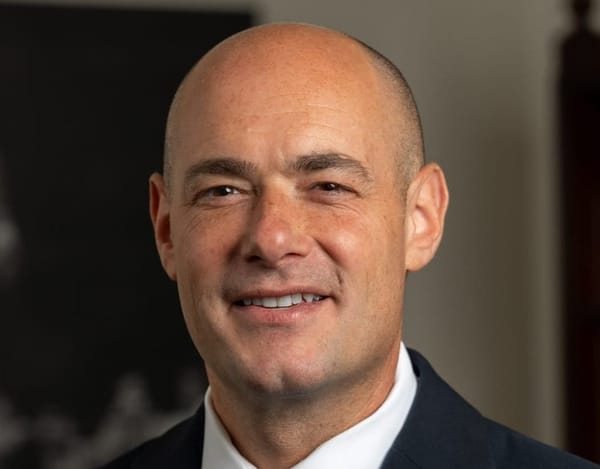In Video Session, Christopher Mitchell Digs Into Community Ownership and Open Access Networks
The conversation dealt with open access networks, and whether cities are well-suited to play a role in developing them.
David B. McGarry

September 29, 2022 – Community-owned, open access networks protect communities against irresponsible network operators and stimulate innovation, said Christopher Mitchell, director of the Community Broadband Networks Initiative at the Institute for Local Self-Reliance, at a Broadband.Money Ask Me Anything! event Friday.

“AT&T, Frontier, these companies have a history of failing to meet community needs,” said Mitchell. “If I had a choice between open broadband fixed wireless and fiber from AT&T, I’d be really, you know, checking it out.”
“[AT&T] is a company that will sell your data at the first opportunity, it’s a company that will raise your bill every chance it gets,” Mitchell added.
ILSR’s director said that in communities in which local ownership isn’t possible, such as in a town with a deeply corrupt government, there still exist contractual provisions that can maximize local control.
A right of first refusal, for instance, gives communities the option to purchase their local network if the original provider chooses to sell. Mitchell also suggested communities write performance-based contracts that institute penalties for network partners who fail to meet clearly outlined performance benchmarks.
Conversation entered realm of open access discussion
The wide-ranging conversation also dealt with the issues of open access networks, and whether cities are well-suited to play a role in developing them.
“The cities are the custodians of their rights of way – they need to be, they must be,” said Drew Clark, editor and publisher of Broadband Breakfast. Because of the cities inherent role as custodians of their rights of way, Clark said that open-access networks provide cities with the opportunity to own the infrastructure portion of their broadband networks, while still offering private companies the ability to serve as network operators or application service providers.
Mitchell agreed that open access networks can be critical to broadband innovation. “We need to have millions – ideally tens of million – of Americans in thriving areas that have open access to kind of see what we can do with networks,” he said.
“Maybe a lot of those ideas won’t work out, but I think we don’t want to foreclose that path.”
In addition to overseeing digital infrastructure projects, communities can promote digital equity by utilizing established, trusted community-based institutions – such as food pantries or faith groups – to boost digital literacy and distribute devices, Mitchell said.
Mitchell added that these efforts must be ongoing: “This is more about building connections now.”








Member discussion